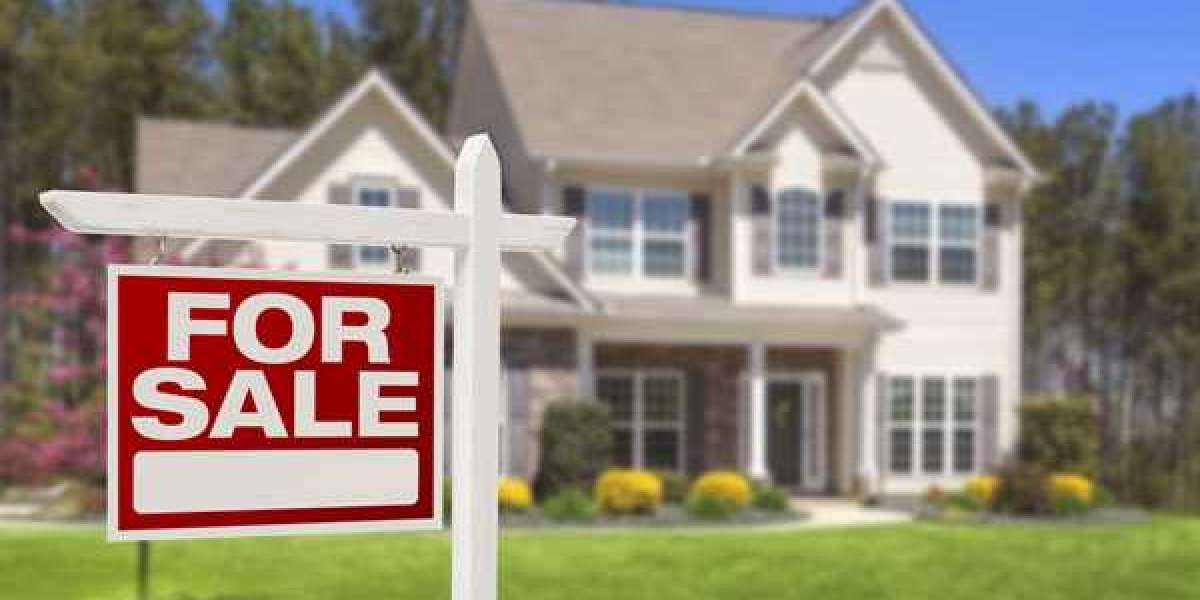Determine your budget
The first step in buying your first home is to determine your budget. How much can you afford to spend on a home? This number will be different for everyone, so it's important to figure out what works for you. There are a few things to consider when determining your budget:
Your current income and debts: Take a look at your current income and debts to get an idea of what you can afford. Keep in mind that your mortgage will likely be your largest monthly expense, so make sure your budget can accommodate that.
Your down payment: In order to qualify for a mortgage, you'll need to have a down payment saved up. The amount you'll need will depend on the type of loan you're applying for, but it will typically be around 3-5% of the purchase price of the home.
Your credit score: Your credit score will play a role in determining the interest rate you're offered on your mortgage. The higher your score, the lower your interest rate will be.
Now that you know what to consider when determining your budget, it's time to start saving! Begin by setting aside money each month to put towards your down payment. Once you have a solid down payment saved up, you can start shopping for homes within your budget.
Research neighbourhoods that fit your budget
Once you have a budget in mind, it's time to start researching neighbourhoods that fit your budget. Use resources like Realtor.ca and MLSListings.ca to search for homes in your price range. When you're looking at listings, pay attention to the following:
The list price: This is the asking price for the home. It's important to remember that you may be able to negotiate this price down, so don't rule out a home just because it's slightly over your budget.
The square footage: This is the total size of the home, and it can give you an idea of how much living space you'll have.
The number of bedrooms and bathrooms: This is important to consider if you have a family or plan on starting one in the near future.
The lot size: This is the size of the property the home is built on. A larger lot may be more expensive, but it can give you more outdoor space to enjoy.
Once you've identified a few neighbourhoods that fit your budget, it's time to start exploring! Drive or walk around the neighbourhood to get a feel for the area. Pay attention to things like the condition of the homes, the noise level and the amount of traffic. This will help you narrow down your search to find the perfect neighbourhood for you.
Consider your long-term plans for the home
When you're buying your first home, it's important to consider your long-term plans for the property. Are you planning on starting a family in the next few years? If so, you'll need to make sure the home can accommodate a growing family. Do you plan on staying in the same job for the foreseeable future? If not, you may want to consider a home that's closer to your workplace.
Get pre-approved for a mortgage
The next step in buying your first home is to get pre-approved for a mortgage. This process can be daunting, but it's important to remember that you're not alone. A good mortgage broker can help you navigate the process and answer any questions you have.
When you're ready to start the process, you'll need to gather some documents. This includes things like your tax returns, pay stubs and proof of assets. Your mortgage broker will use this information to determine how much money you're eligible to borrow. They will also look at your credit score to determine what interest rate you'll be offered.
Once you have a pre-approval letter in hand, you're ready to start shopping for your first home! Keep in mind that you're not obligated to purchase a home just because you're pre-approved for a mortgage.
Use these tips to get pre-approved for a mortgage and start shopping for your first home! Niagara real estate agent will be able to guide you through the process and answer any questions you have.
Choose the right real estate agent
When you're ready to buy or sell a property in Niagara, it's important to choose the right real estate agent. The right agent will have local knowledge of the market and be able to help you navigate the process seamlessly.
There are a few things to consider when choosing an agent, such as:
- Their experience
- Their success rate
- Whether they're a full-time or part-time agent
It's also important to make sure you're compatible with your agent. You should feel comfortable communicating with them and have confidence in their abilities.
If you're not sure where to start, ask for recommendations from friends or family who have recently bought or sold a property in the area.
Once you've found a few agents that you're interested in working with, schedule consultations with each of them. This is an opportunity to get to know them better and to discuss your specific needs and goals.
Choosing the right real estate agent is an important decision that can help make your buying or selling experience a positive one.
Tour homes in your price range
As a Niagara real estate agent, I often get asked about the best way to tour homes in your price range. The answer really depends on your budget and what you're looking for in a home.
If you have a limited budget, you may want to consider touring homes that are slightly out of your price range. This will give you a better idea of what's available in your price range, and you may be able to find a home that's a good fit for your needs.
If you're looking for a specific type of home, such as a condo or a bungalow, you may want to focus your search on homes that are in your price range. This will help you narrow down your options and find the right home for you.
No matter what your budget is, there are plenty of homes for sale in Niagara. Contact me today and I'll be happy to show you around.



